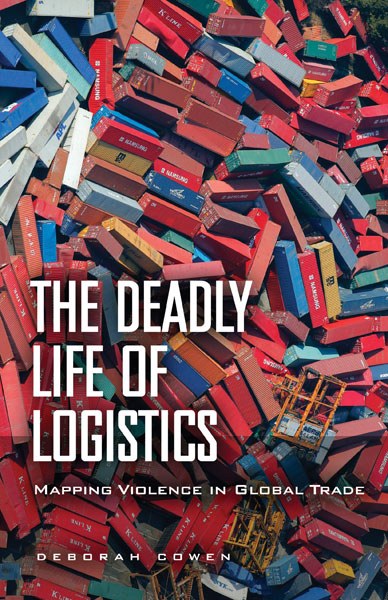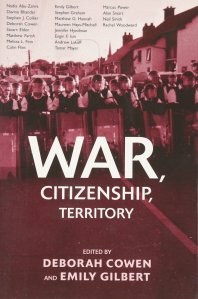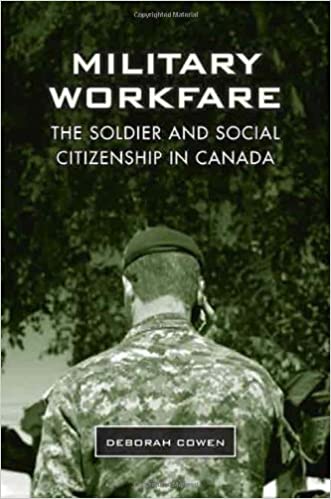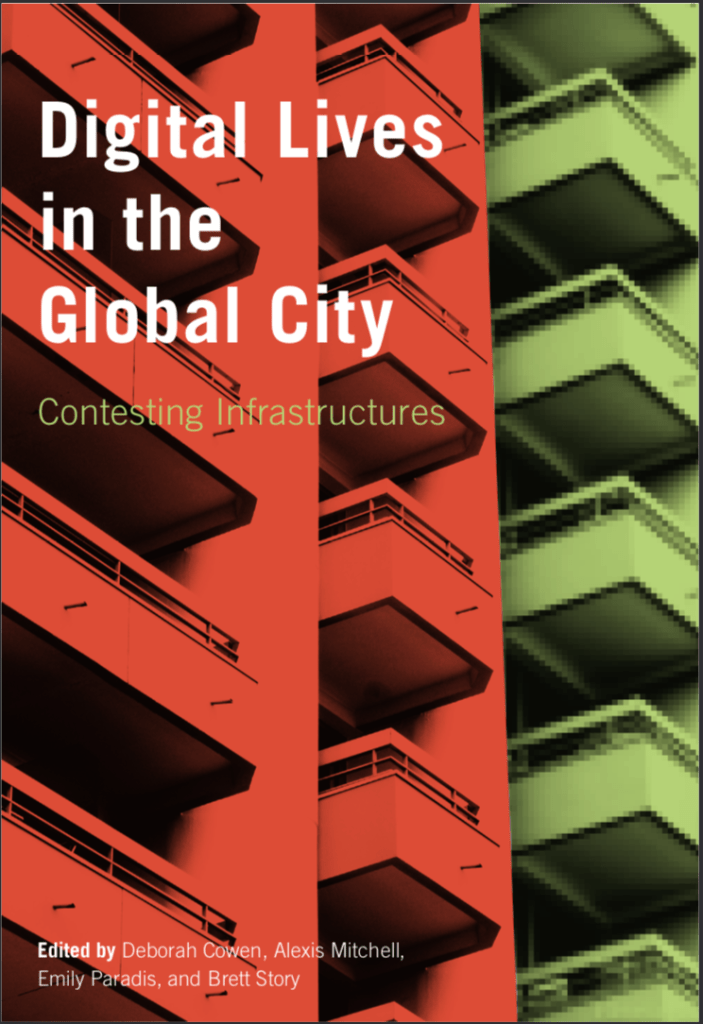
Welcome!
I live in Tkaronto (Toronto) in the Dish With One Spoon Territory, on the traditional territories of the Wendat, the Anishnaabeg and the Haudenosaunee, and the Treaty lands of the Mississaugas of the Credit First Nation. I teach in the Department of Geography & Planning at the University of Toronto. My work explores how the spaces of everyday life are assembled, reproduced, contested, and transformed. I focus on questions of circulation and infrastructure, attending to the co-production of race and space, sexuality and social ordering, and the intimate life of war in ostensibly civilian spaces. I am deeply fortunate to work with award-winning artists and filmmakers, Indigenous knowledge keepers, community organizers and organizations, labour movements, as well as extraordinary interdisciplinary and emerging scholars. I advise graduate students and postdoctoral fellows working on a wide range of political geographic questions and I invite you to learn more about their important work by visiting the mentorship page on this site!
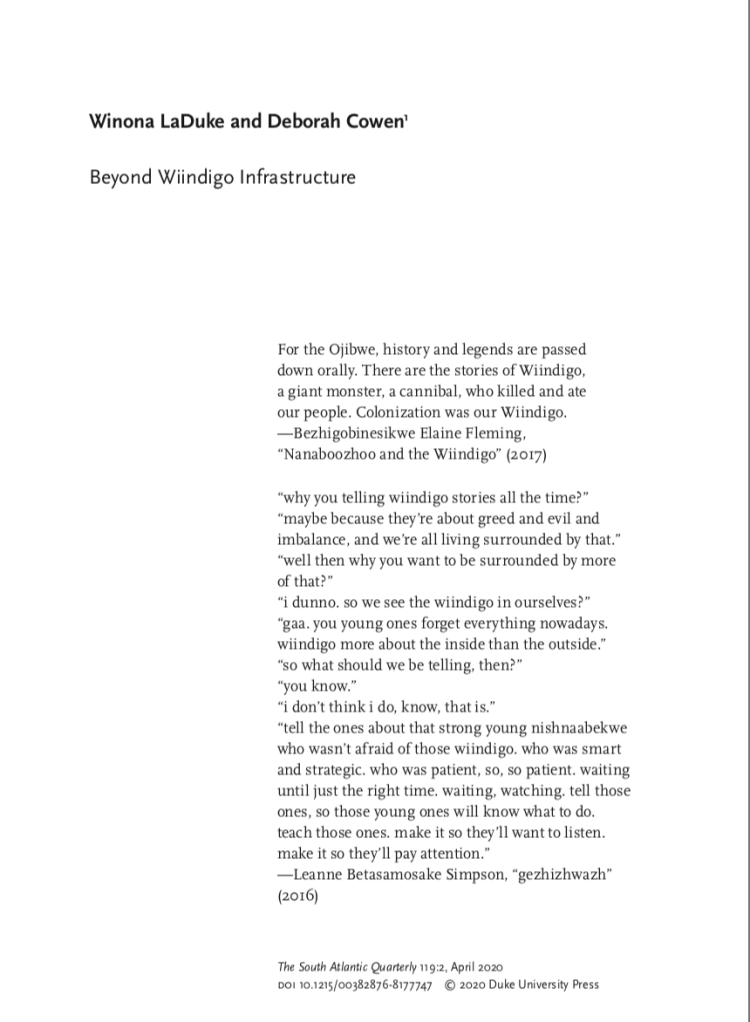
Infrastructure has long been central to the destruction of Indigenous life and the making of settler colonial futurity. Infrastructure constitutes the body of the Wiindigo—the beast of Anishinaabe legend. Roads and rails, pipelines and dams, prisons and borders have all worked to carve up Turtle Island into preserves of settler jurisdiction, while entrenching and hardening the very means of settler economy and sociality into tangible material structures. Yet infrastructure is not inherently violent—it is also essential for transformation.
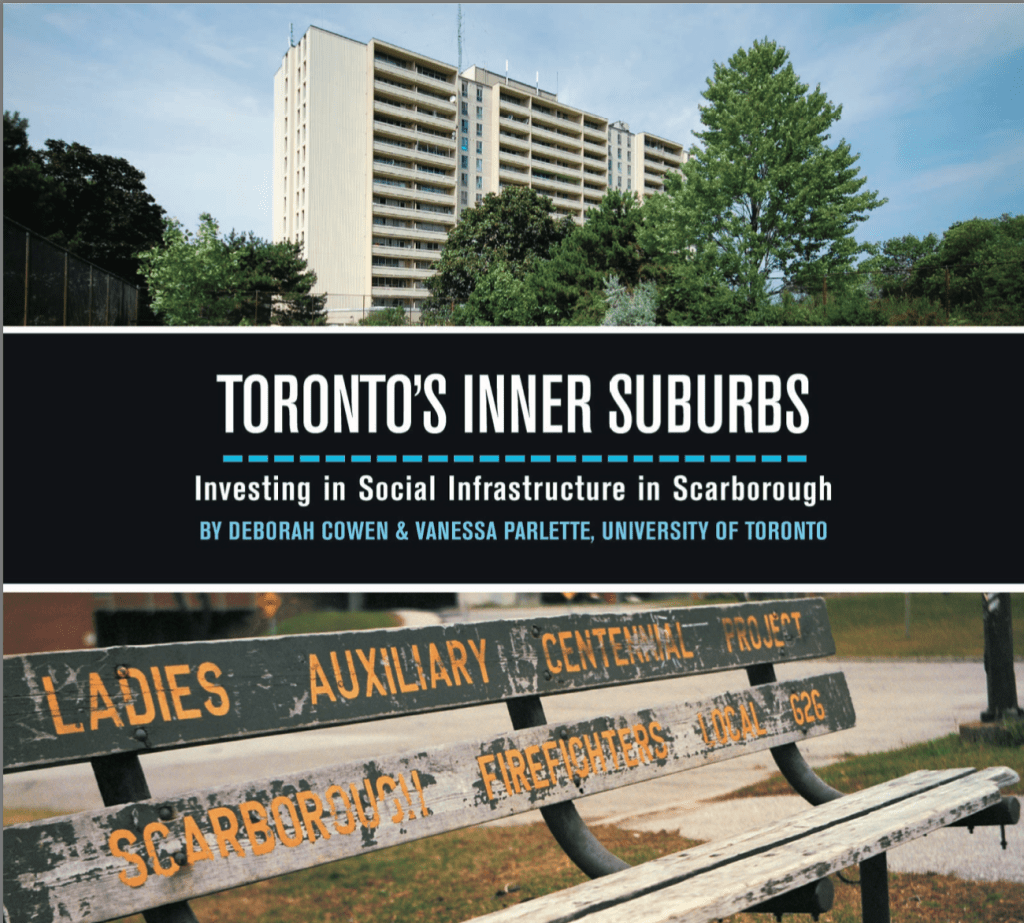
It is now impossible to ignore that Toronto is becoming a divided city. Stacks of research confirm trends that are plainly visible in the urban landscape: social polarization, spatial segregation, and a deepening racialization of poverty are defining features of our city’s social geography. These trajectories come together in powerful ways in the city’s inner suburbs…
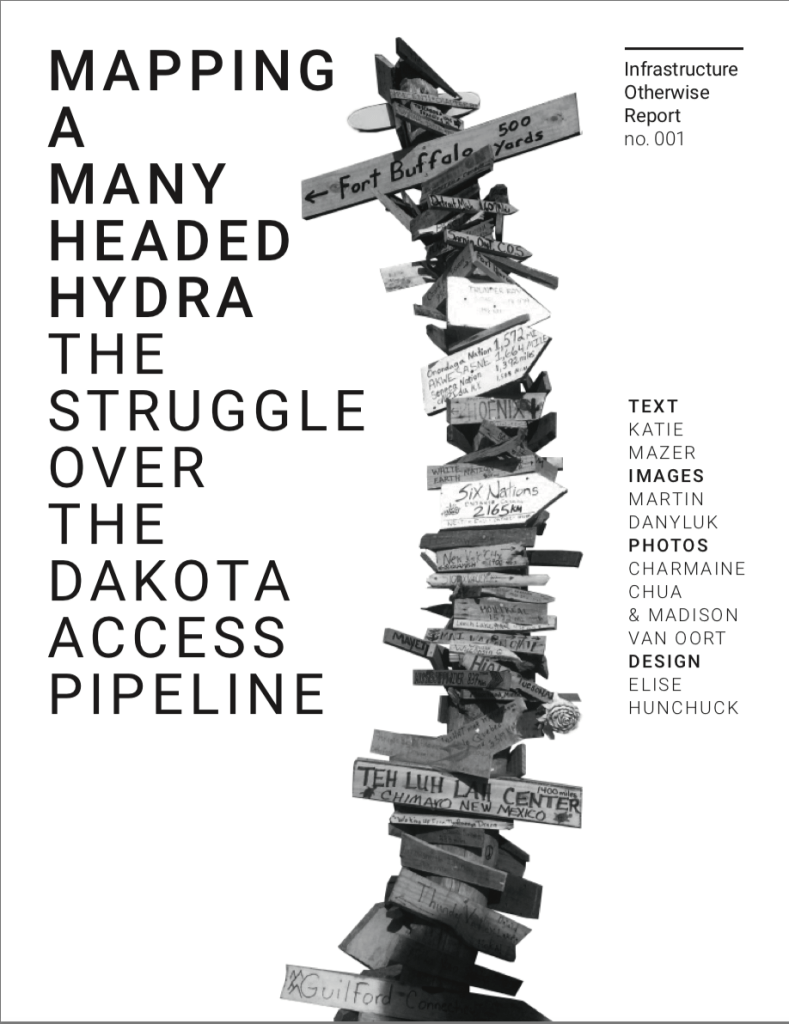
This report goes behind the scenes of the Dakota Access Pipeline, shedding light on the broader continental context of contemporary oil production, transportation, and trade in North America. Along the way, it addresses the geopolitics of oil, the political and corporate networks of power and finance that underpin the pipeline.
Infrastructure Otherwise investigates forms of social and ecological violence enacted through infrastructure and seeks to learn from the work of those who are assembling alternative forms. The project is committed to showcasing the creativity of movements, artists, scholars and communities working towards justice, decolonization and planetary survival by building the infrastructures that protect lives and ecologies.
The Deadly Life of Logistics traces the art and science of logistics, from the battlefield to the boardroom and back again. Focusing on choke points such as national borders, zones of piracy, blockades, and cities, the book tracks contemporary efforts to keep goods circulating and brings to light the collective violence these efforts produce.
War, Citizenship, Territory explores the role of war in everyday politics, life and space, transgressing the usual boundaries of civilian and military worlds. In a variety of urgent and compelling ways, the authors suggest that far from an exceptional event, war underpins the conditions of being political.
Despite the centrality of war in social and political thought, the military remains marginal in academic and public conceptions of citizenship, and the soldier seems to be thought of as a peripheral or even exceptional player. Military Workfare draws on five decades of restricted archival material and critical theories on war and politics to examine how a military model of work, discipline, domestic space, and the social self has redefined citizenship. It is also a study of the complex, often concealed ways in which organized violence continues to shape national belonging.
Digital technologies have changed the world, transforming how, where, and when we communicate, love, learn, produce, distribute, and consume. This book examines those changes in the context of urban life, investigating how urban land, governance, and the economy are being remade by advancing communication technologies.
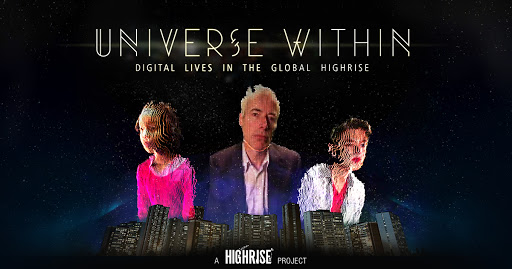
The final instalment in an Emmy-winning, multi-year, many-media, collaborative documentary experiment at the National Film Board of Canada, that explores vertical living around the world.
I welcome email inquiries at deb.cowen[at]utoronto.ca

